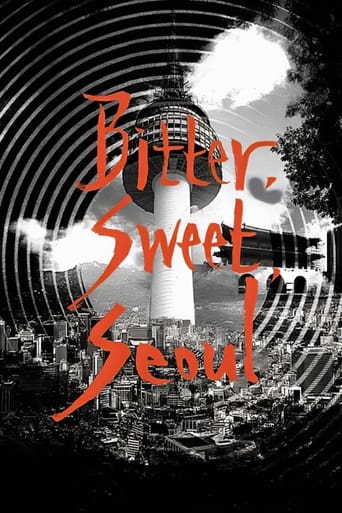
10 Feb 2014

Bitter, Sweet, Seoul
Over 98 days from August 20th to November 25th 2013, 2821 people from around the world sent 11,852 video featuring many different faces of Seoul. 154 were selected, edited, and made into a movie.
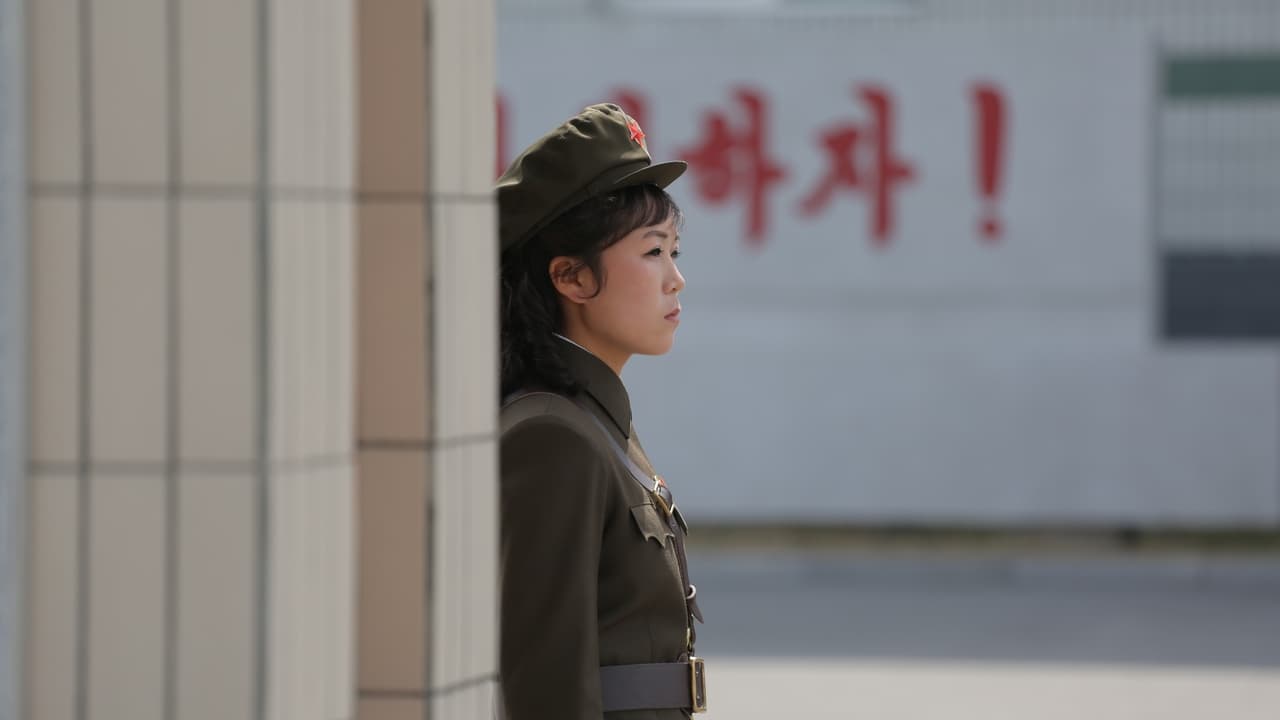
North Korea has nuclear weapons. How did it manage to get them quietly? Donald Trump is under the impression that as US president he could convince Kim Jong-un, the North Korean leader, to disarm his nuclear weapons and make peace with South Korea. But how was it possible that one of the poorest countries in the world could acquire the knowledge to produce nuclear-tipped rockets?
Self - North Korean Defector
Self - North Korean Defector
Self - North Korean Defector
Self - Atomic Physicist
Self - UN NK Task Force Director
Self - North Korean Economist

10 Feb 2014

Over 98 days from August 20th to November 25th 2013, 2821 people from around the world sent 11,852 video featuring many different faces of Seoul. 154 were selected, edited, and made into a movie.

12 Nov 2024

No overview found
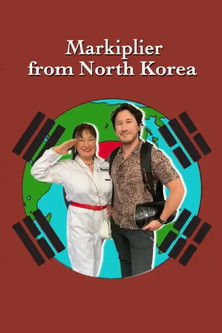
20 Nov 2022

Markiplier From North Korea: Mark Fischbach, a top gaming YouTuber, learns about his mom's escape from North Korea and his family's history. He meets his relatives, visits the KDZ, and discovers his heritage in this emotional documentary.

14 Nov 2021

As the muse of Hal Hartley’s indie classics and as writer/director of the critically acclaimed Waitress, Adrienne Shelly was a shining star in the indie film firmament. A devoted young mother, her life was right on track until her husband found her dead. Filmmaker Andy Ostroy has been fighting to discover the truth about his wife’s death ever since.
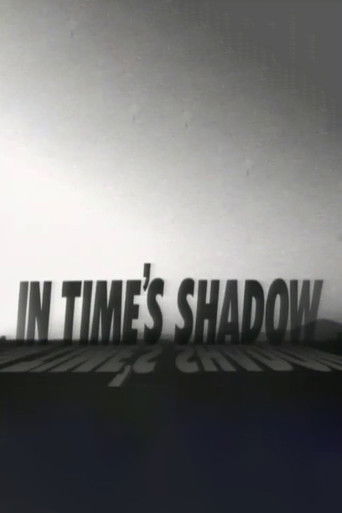
08 Aug 1995

Drawing upon eye-witness accounts from survivors and participants in the bombing of Hiroshima, this programme shows how both Japan and the United States are still facing enormous problems in coming to terms with the legacy of that fateful August day.

27 Oct 2018

Shrouded in secrecy and notoriously cash-strapped the North Korean regime has resorted to running one of the world's largest slaving operations - exploiting the profits to fulfil their own agenda. These bonded labourers can be found in Russia, China and dozens of other countries around the world including EU member states. Featuring undercover footage and powerful testimonials, we reveal the scale and brutality of the operation and ask what, if anything, is being done to stop it.
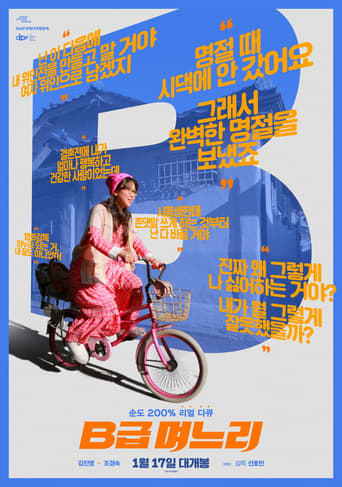
17 Jan 2018

In our 3-year marriage, we have fought on every holiday, on parents' birthdays, during ancestral rituals, and even on Christmas. We argue all the time. The tension between my wife and my mother is killing me.
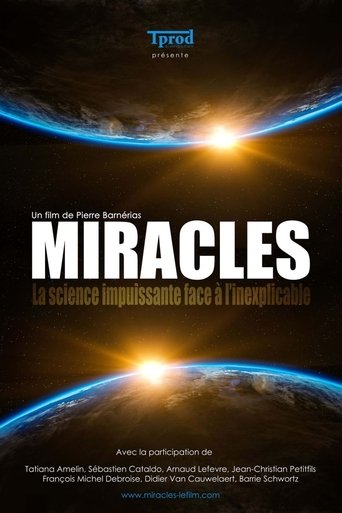
10 Apr 2023

An investigation about three scientific enigmas. The shroud of Turin, an unexplained image of a pregnant woman on a tunic of the 16th century, and unique writings in the history of mankind.
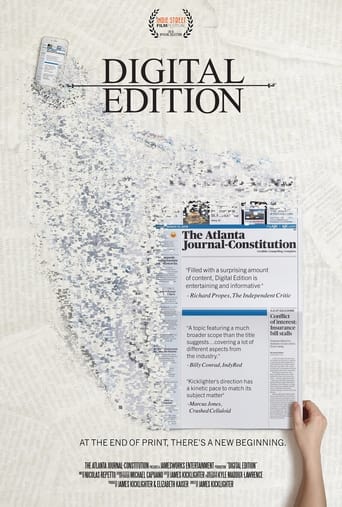
07 Jun 2016

In the midst of a publishing revolution, The Atlanta Journal-Constitution, one of America's most storied institutions of journalism, is experimenting with new tools to tell stories in preparation for the end of print in the digital era.
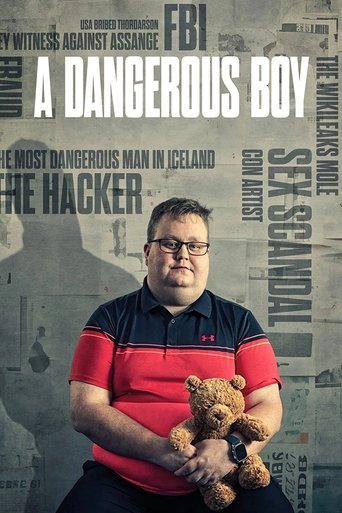
18 Mar 2024

Sigurdur Thordarson, known as Siggi, becomes a hacker at 12, exposing Icelandic bank corruption at 14. Branded the "teenage whistleblower," he joins WikiLeaks in 2010, mentored by Julian Assange. Siggi leaks globally, but clashes with Assange, prompting him to spy for the FBI at 18. This tale weaves paranoia, hacking, and friendship, portraying Siggi's turbulent journey from trust to betrayal, revealing a heart-wrenching coming-of-age narrative.
07 Oct 2005
South Korean cinema is in the throes of a creative explosion where mavericks are encouraged and masters are venerated. But from where has this phenomenon emerged? What is the culture that has yielded this range of filmmakers? With The Nine Lives of Korean Cinema, French critic, writer and documentarian Hubert Niogret provides a broad overview but, nevertheless, an excellent entry point into this unique type of national cinema that still remains a mystery for many people. The product of a troubled social and political history, Korean cinema sports an identity that is unique in much modern film. Niogret's documentary tells of the country's cinematic history - the ups along with the downs - and gives further voice to the artists striving to express their concerns, fears and aspirations.
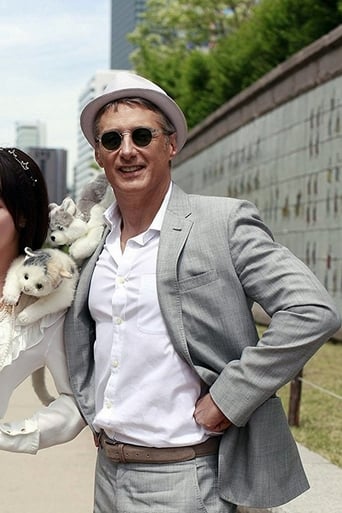
11 Dec 2013

No overview found

19 Apr 2007

The film describes the microcosmos of the small village Wacken and shows the clash of the cultures, before and during the biggest heavy metal festival in Europe.
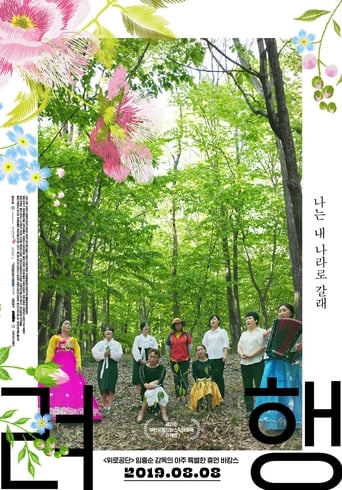
08 Aug 2019

A group of women climbs a summer mountain situated in South Korea. They are refugees who have settled into South Korean society after fleeing from North Korea. For them, climbing the mountains has been an unavoidable journey for survival - a matter of life and death.

28 Feb 2024

Ten years after an enormous open-pit gold mine began operations in Malartic, the hoped-for economic miracle is nothing more than a mirage. Filmmaker Nicolas Paquet explores the glaring contrast between the town’s decline and the wealth of the mining company, along with the mechanisms of an opaque decision-making system in which ordinary people have little say. Part anthropological study, part investigation into the corridors of power, Malartic addresses the fundamental issue of sustainable and fair land management.

12 Aug 2021

True crime meets global spy thriller in this gripping account of the assassination of Kim Jong-nam, the half brother of the North Korean leader. The film follows the trial of the two female assassins, probing the question: were the women trained killers or innocent pawns of North Korea?

17 Sep 2008

The murder of Dutch filmmaker Theo van Gogh by an Islamic extremist in 2004, followed by the publishing of twelve satirical cartoons depicting the prophet Mohammed that was commissioned for the Danish newspaper Jyllands-Posten, provides the incendiary framework for Daniel Leconte's provocative documentary, It's Hard Being Loved by Jerks.
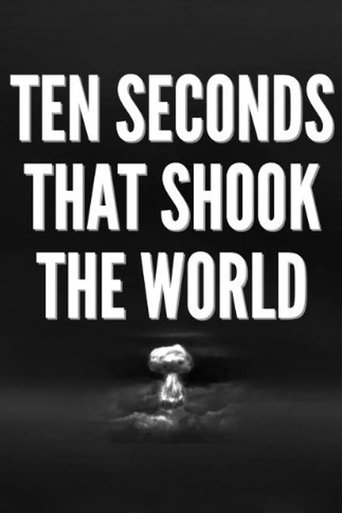
12 Dec 1963

This film is a factual and chronological account of the events preceding the atomic bombing of Hiroshima during World War II and the significant effect of the atomic bomb on peacetime projects and events of the atomic age.

27 Oct 2021

Ryun-hee Kim, a North Korean housewife, was forced to come to South Korea and became its citizen against her will. As her seven years of struggle to go back to her family in North Korea continues, the political absurdity hinders her journey back to her loved ones. The life of her family in the North goes on in emptiness, and she fears that she might become someone, like a shadow, who exists only in the fading memory of her family.
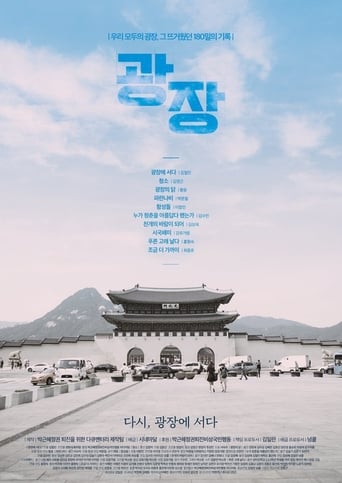
15 Apr 2017

Project 1 _ Hong Hyung-sook The children who are enthusiastically painting and cutting a doll. What stories will be told at the Square? - Project 10 _ Kim Jeong-geun The janitorial worker from the Busan Subway Station, Kim Young-ja talks about how she hopes to see a clean world, just like how she cleans everywhere in the subway.